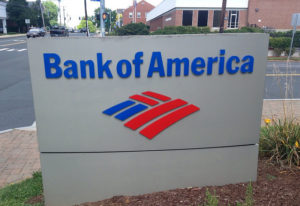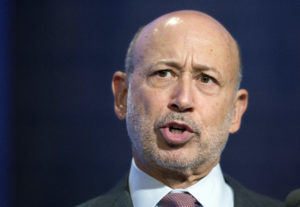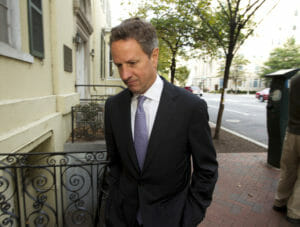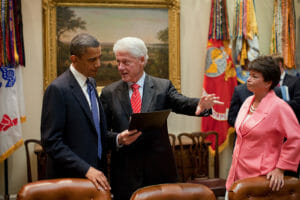We Deserve the Truth From Citigroup, Judge Rules
A federal judge will not accept the SEC's settlement with Citigroup for defrauding its customers of more than $700 million in just one of the firm's lousy investment opportunities. (more)A federal judge will not accept the SEC's settlement with Citigroup for defrauding its customers of more than $700 million in just one of the firm's lousy investment opportunities.
A federal judge will not accept the SEC’s settlement with Citigroup for defrauding its customers of more than $700 million in just one of the firm’s lousy investment opportunities.
Judge Jed Rakoff wrote in his decision that the $285 million settlement amounts to “the cost of doing business” for Citigroup, which he called a “recidivist” institution. The judge said the deal was not in the public interest and he took particular objection to the fact that Citigroup would be let off the hook without any admission of guilt. Rakoff also admonished the SEC itself for claiming that the settlement need not serve the public interest and for submitting, after years of investigation, a deal that was “neither fair, nor reasonable, nor adequate, nor in the public interest.”
The judge’s full decision can be read here. Below are two choice excerpts (with formatting removed). — PZS
Your support matters…Of course, the policy of accepting settlements without any admissions serves various narrow interests of the parties. In this case, for example, Citigroup was able, without admitting anything, to negotiate a settlement that (a) charges it only with negligence, (b) results in a very modest penalty, (c) imposes the kind of injunctive relief that Citigroup (a recidivist) knew that the S.E.C. had not sought to enforce against any financial institution for at least the last 10 years, see SEC Mem. at 23, and (d) imposes relatively inexpensive prophylactic measures for the next three years. In exchange, Citigroup not only settles what it states was a broadranging four-year investigation by the S.E.C. of Citigroup’s mortgage-backed securities offerings, Tr . 27, but also avoid any investors’ relying in any respect on the S.E.C. Cons ent Judgment in seeking return of their losses. If the allegations of the Complaint are true, this is a very good deal for Citigroup; and, even if they are untrue, it is a mild and modest cost of doing business.
[…]
Finally, in any case like this that touches on the transparency of financial markets whose gyrations have so depressed our economy and debilitated our lives, there is an overriding public interest in knowing the truth. In much of the world, propaganda reigns, and truth is confined to secretive, fearful whispers. Even in our nation, apologists for suppressing or obscuring the truth may always be found. But the S.E.C., of all agencies, has a duty, inherent in its statutory mission, to see that the truth emerges; and if fails to do so, this Court must not, in the name of deference or convenience, grant judicial enforcement to the agency’s contrivances.
Independent journalism is under threat and overshadowed by heavily funded mainstream media.
You can help level the playing field. Become a member.
Your tax-deductible contribution keeps us digging beneath the headlines to give you thought-provoking, investigative reporting and analysis that unearths what's really happening- without compromise.
Give today to support our courageous, independent journalists.






You need to be a supporter to comment.
There are currently no responses to this article.
Be the first to respond.